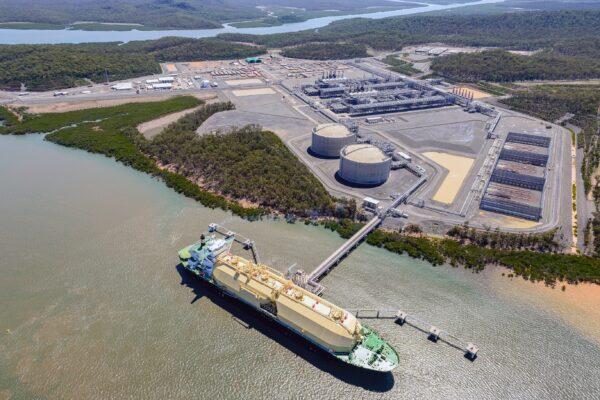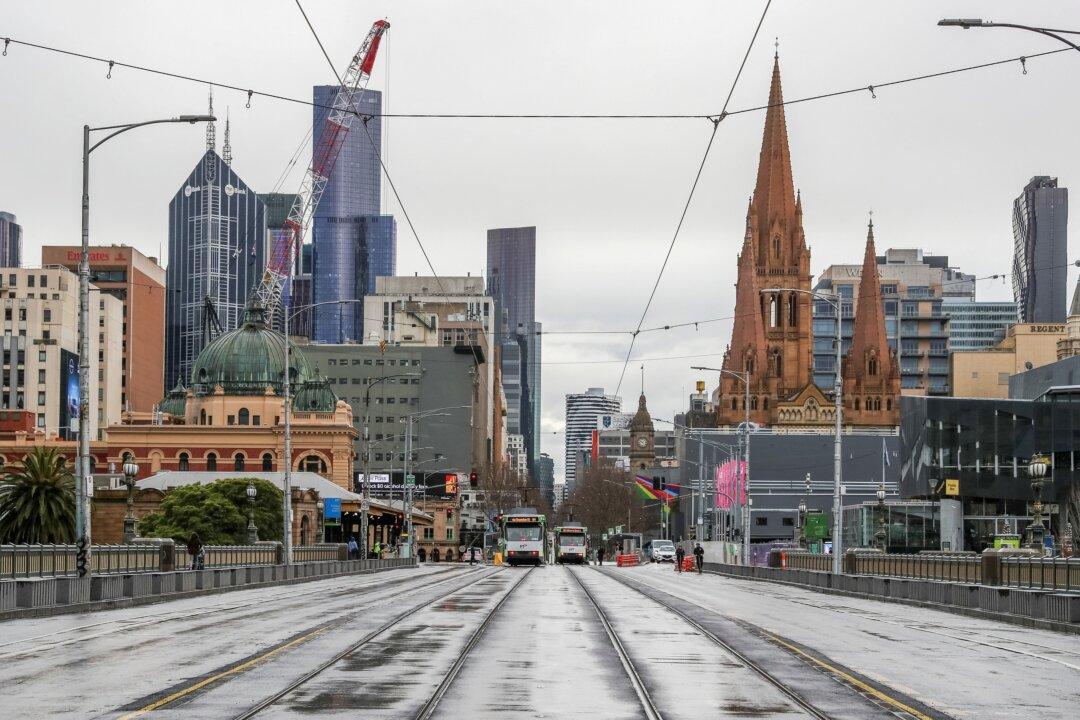Peak industry bodies warn the Australian government’s heavy intervention to try to control retail electricity and gas prices does not address longer-term problems in the market.
Last week, the country’s National Cabinet—a regular meeting of federal and state leaders—agreed to cap wholesale gas prices at $12 a gigajoule (US$8.15) and coal at $125 a tonne (US$84.85) for a 12-month period. A move that will cut into the profit margins of energy producers.
Among other measures, the government will introduce a mandatory code of conduct to replace the current voluntary one to deal with “systemic issues within the wholesale gas market, including insufficient competitive pressure and bargaining power imbalances.”
Further, the state and federal governments have earmarked $1.5 billion in subsidies to households and businesses to cover a portion of their energy bills.
The governments together also endorsed a Capacity Investment Scheme to underwrite an additional $10 billion of renewable energy development.
Labor claims the Energy Price Relief Plan (EPRP) will save families $230 (US$155) each.
The Bill for the Plan looks set to pass both houses of Parliament with the government striking a deal behind closed doors to obtain the support of the left-wing Australian Greens.

“This is the government of Australia acting in the national interest, working as a good government does, across the aisle, with people of good faith and goodwill, for a good outcome,” said Energy Minister Chris Bowen.
More Nuance Needed to Deal With Supply Issues: Peak Bodies
Samantha McCulloch, CEO of the Australian Petroleum Production and Exploration Association (APPEA), said the measures still failed to deal with supply problems, and the larger role played by governments will give new businesses pause for thought before entering the market.“They are far-reaching and represent a dismantling of the gas market that will have a chilling effect on the investment needed to bring on that new supply. Ultimately, it’s going to make the situation worse for those Australian households and those Australian manufacturers.”
While Sarah McNamara, CEO of the Australian Energy Council, was supportive of the short-term measures to alleviate retail prices—which have seen prices double and triple—but warned there was no detailed analysis of the actual impact caps will have on prices.
“Retailers and generators enter contracts to hedge their load. This means that many of the contracts for the next 12 months have already been settled on the basis of higher prices,” McNamara added.
She said the war in Ukraine—which has driven up demand for gas in Europe, affecting global prices—placed “extraordinary pressure” on markets.
Consumer Advocates Welcome Plan
Meanwhile, the Energy Users Association of Australia applauded the move saying it showed the government was willing to “stand up” to gas industry “bullies.”“There will be the usual gas industry hyperbole about negative impacts, but we have heard that before when both Western Australia and Queensland put in place various forms of domestic gas reservation. None of those bad outcomes occurred, and investment has continued to flow.”





